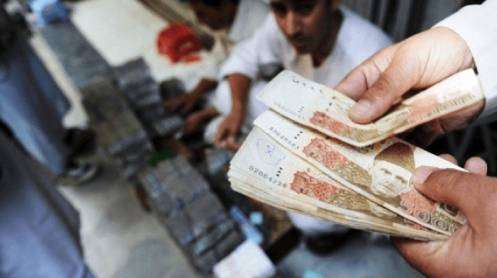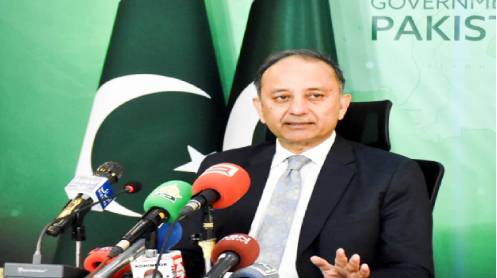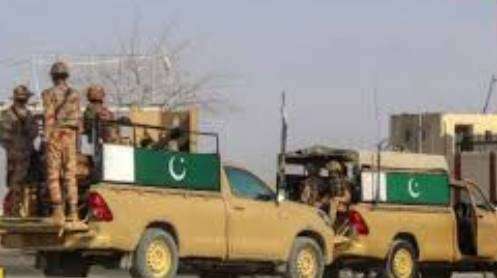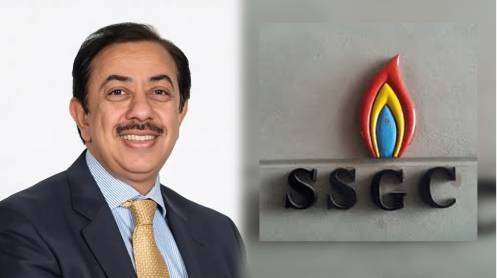ISLAMABAD – In a major step toward financial digitisation, the federal government has formed a seven-member committee to develop a comprehensive mechanism for digitising fuel payments at petrol stations nationwide. The initiative is set to be a key feature in the upcoming federal budget, as part of the government’s broader plan to combat the country’s high reliance on cash.
The committee, constituted on the directives of Finance Minister Muhammad Aurangzeb, will be led by Sharjeel Murtaza, Chief Digital Officer at Karandaaz Pakistan. Other members include digital reforms consultant Ali Jan Khan, and senior representatives from the Federal Board of Revenue (FBR), Oil and Gas Regulatory Authority (OGRA), Oil Companies Advisory Council, and the State Bank of Pakistan.
Karandaaz Pakistan will provide technical and secretarial support, with the final proposal to be submitted to the FBR and Ministry of Finance.
The plan involves offering digital payment incentives and penalising cash transactions with a Rs2–3 per litre surcharge on fuel purchases. The government-notified petroleum prices will apply only to digital transactions. All fuel stations—from Chaman to Karachi—will be legally required to provide QR codes, mobile payments, and card payment facilities.
The finance minister has reportedly held several consultative sessions with stakeholders, including banks and consultancy firms, to explore digital payment frameworks.
The move is part of a larger campaign to gradually shift Pakistan toward a low-cash, and eventually cashless, economy. A similar model is already in place on motorway tolls, where cash payments cost 25% more than M-Tag payments.
Additionally, the FBR is considering allowing importers and manufacturers to apply a standard 18% GST on digital payments, with an extra 2% for cash-based sales. However, the focus remains on documentation rather than immediate revenue gains, with potential refunds to consumers through future fuel price revisions.







